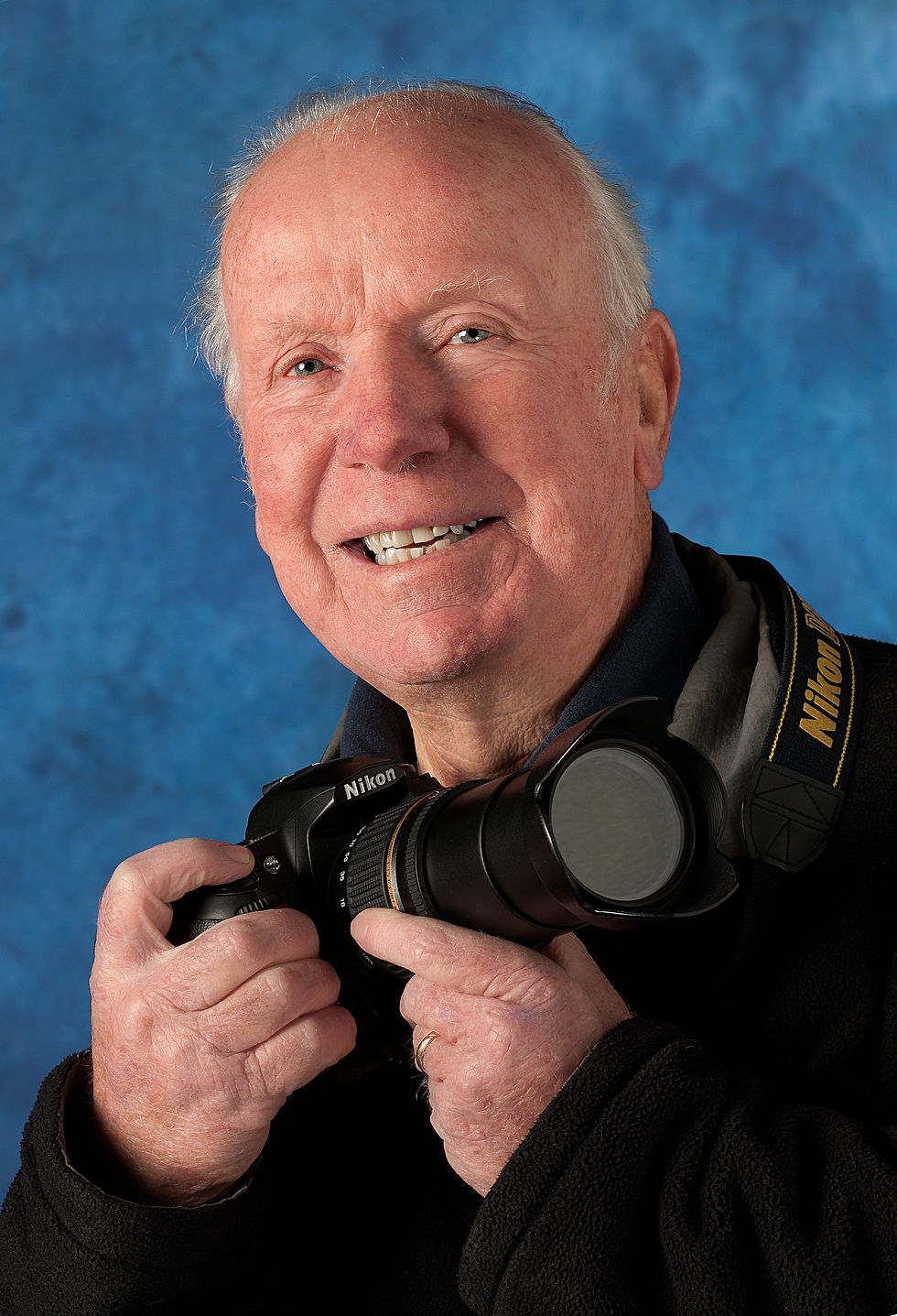Hendrika Hermina (Minka) Hanskamp
- Laidlaw College Centenary Team
- Sep 9, 2021
- 3 min read
Updated: Nov 4, 2022
1957 / NZBTI Certificate in Lieu of Diploma (Queen Street Campus)

Born in Holland in 1922, Minka was a year old when she moved with her parents to Java, Indonesia when her father was appointed headmaster of a Dutch Reformed Church school for Chinese children. Two brothers and two sisters were born while the family were in Indonesia. At age 19 Minka accepted Christ as her Saviour.
When the Japanese invaded in 1942, the family were separated and sent to internment camps for the next three and a half years. Life was brutal – with morning and evening roll calls. If you didn’t bow to the Japanese officer you were beaten. On the other hand, if you bowed too low you were also beaten, as to bow too low was an insult. Punishment drill for the camp meant standing for hours in the merciless sun. Beatings were common for any perceived offences. Despite hunger and sickness, Minka spent those years nursing others in the camp hospital. At one point she became gravely ill, with the doctors saying to each other that she would be dead in a few hours. They did not know that she could hear them, nor that something within her defiantly said, “No, I won’t”. Slowly she recovered. Amazingly, the family all survived and were reunited at war’s end. The family returned to Holland where Minka completed her nursing and midwifery training. She emigrated to NZ in 1954, joining her married sister Alice. After learning English and getting her medical training certified, Minka nursed for several years.
In her application to the NZ Bible Training Institute in 1956, 34-year-old Minka wrote about her call to come to study: “In December 1955 I understood that the work I was doing did not satisfy me. After much praying the Lord said: ‘I want to use you’.” She later talked to some representatives of the China Inland Mission (CIM), but “My age was a problem. I left rather disappointed.” However, she remained restless until she wrote to the NZBTI for an application form, noting “Now I have done what I could. I leave the rest entirely to Him”.
Minka commenced her studies in 1957. Before the year was out, she felt clearly that the Lord was calling her to the Overseas Missionary Fellowship (OMF) and applied. In his written testimonial, Principal John Deane wrote:
“There were no personality problems, she was a good team worker, loved by all, a sweet disposition, attractive personality, she showed in her life the tested fruit of faith, humility, patience, submissiveness. We would recommend Minka without hesitation to represent Christ anywhere in the world.” [1]
Minka was accepted by OMF despite her age. She longed to serve in Indonesia, the home of her youth, but Indonesia was not open to missionaries, so she accepted OMF’s request that she go to Thailand. In 1958, aged 35, she spent some months at a language school in Singapore before arriving in Pattani, South Thailand, to learn Malay. In January 1960 she joined the medical team at the newly built Saiburi Christian Hospital. There she worked as a midwife but had a special interest in the outreach of the hospital, treating leprosy sufferers at itinerant clinics. For 16 years she laboured to bring relief and hope to the suffering.
On 23 April 1974, Minka and Welsh nurse Margaret Morgan arrived in Pujud to conduct their fortnightly clinic. There they were abducted at gunpoint by three men and forced into a taxi. The serious nature of the kidnapping emerged a week later when a ransom note arrived from the Malay separatists in Pattani demanding ten million baht and that OMF write official protests against Israel. The kidnapping received international attention and prayer. Monthly letters were allowed while mission and government authorities tried to find them. The last letter received from the two women was in August, asking for ‘books and magazines as we have nothing to do all day’. Then silence.
The search finally ended on 20 March 1975 when BBC radio reported that two bodies had been found in the jungle. Forensic evidence showed that Minka and Margaret had been shot five months earlier. Later a member of the separatist group told a friend that there had been discussion about what to do with the two women and eventually the chief decided that, to keep the respect of his underlings, they should be shot. The nurses were calm when told they were going to die, asking only “Will you let us have a little time to read and pray?” He added, “They were good – they were good people”. [2]
[1] Quoted in letter to Phyllis Thompson dated 9 June 1975 by Principal Rev. David Stewart
[2] Phyllis Thompson, Minka and Margaret (London: Hodder & Stoughton, OMF) 1976, p. 187









Where did Minka's grave located?